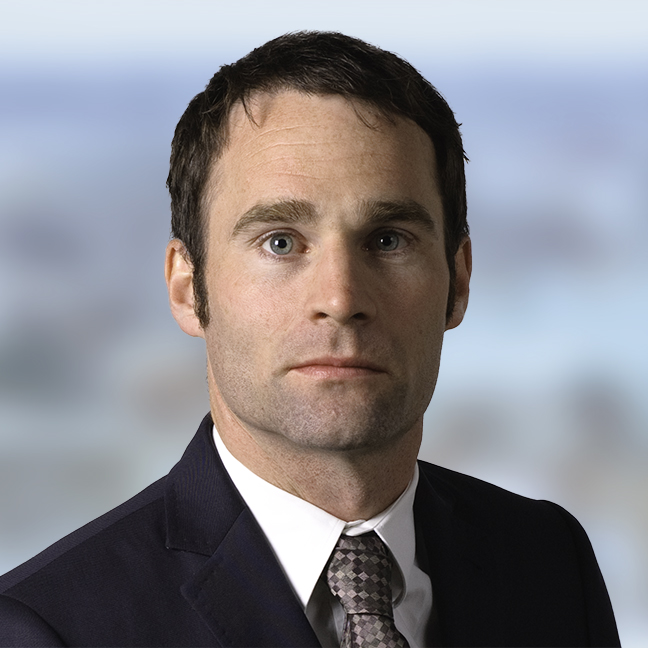In 2022, investors faced a very different market backdrop to that experienced during much of the previous decade. In an effort to rein in significant inflationary pressure, central banks implemented an enormous shift in monetary policy, moving from net buyers to net sellers of assets. Amid the resulting spike in interest-rate volatility, European investment-grade yields reached levels not seen for more than 10 years.
In our view, this new market regime creates potentially compelling opportunities for active credit managers through a combined focus on security selection and, increasingly, sustainability.
Why is today’s environment creating opportunities in Europe?
While economic growth slowed globally in 2022, Europe has been at the epicentre given the Russia/Ukraine war and the ensuing energy crisis. Option-adjusted spreads on European investment-grade credit, as measured by the Bloomberg Barclays Euro Aggregate Corporate Index, now rank in the 90th percentile relative to history (Figure 1), while the yield to worst for the Index moved from close to zero at the start of 2022 to more than 4% as of the end of the year. In our view, the risks relating to the Russia/Ukraine war and the energy crisis have largely been factored into market pricing, and some higher-quality issuers now trade at very favourable prices.





























